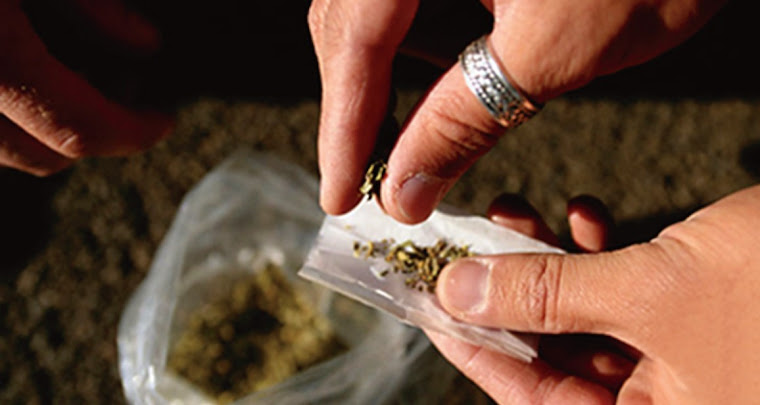How Casual Drug Use Leads to Addiction"
It is an all-too-common scenario: A person experiments with an addictive drug like cocaine. Perhaps he intends to try it just once, for "the experience" of it. It turns out, though, that he enjoys the drug's euphoric effect so much that in ensuing weeks and months he uses it again -- and again. But in due time, he decides he really should quit. He knows that despite the incomparable short-term high he gets from using cocaine, the long-term consequences of its use are perilous. So he vows to stop using it.
His brain, however, has a different agenda. It now demands cocaine. While his rational mind knows full well that he shouldn't use it again, his brain overrides such warnings. Unbeknown to him, repeated use of cocaine has brought about dramatic changes in both the structure and function of his brain. In fact, if he'd known the danger signs for which to be on the lookout, he would have realized that the euphoric effect derived from cocaine use is itself a sure sign that the drug is inducing a change in the brain -- just as he would have known that as time passes, and the drug is used with increasing regularity, this change becomes more pronounced, and indelible, until finally his brain has become addicted to the drug.
And so, despite his heartfelt vow never again to use cocaine, he continues using it. Again and again.
His drug use is now beyond his control. It is compulsive. He is addicted.
While this turn of events is a shock to the drug user, it is no surprise at all to researchers who study the effects of addictive drugs. To them, it is a predictable outcome.
To be sure, no one ever starts out using drugs intending to become a drug addict. All drug users are just trying it, once or a few times. Every drug user starts out as an occasional user, and that initial use is a voluntary and controllable decision. But as time passes and drug use continues, a person goes from being a voluntary to a compulsive drug user. This change occurs because over time, use of addictive drugs changes the brain -- at times in big dramatic toxic ways, at others in more subtle ways, but always in destructive ways that can result in compulsive and even uncontrollable drug use.
An increasing body of scientific evidence makes the compelling case that the most effective treatment programs for overcoming drug addiction incorporate an array of approaches -- from medications, to behavior therapies, to social services and rehabilitation. The National Institute on Drug Abuse recently published Principles of Effective Drug Addiction Treatment, which features many of the most promising drug treatment programs to date. As this booklet explains, the programs with the most successful track records treat the whole individual. Their treatment strategies place just as much emphasis on the unique social and behavioral aspects of drug addiction treatment and recovery as on the biological aspects. By doing so, they better enable those who have abused drugs to surmount the unexpected consequences of drug use and once again lead fruitful lives.

